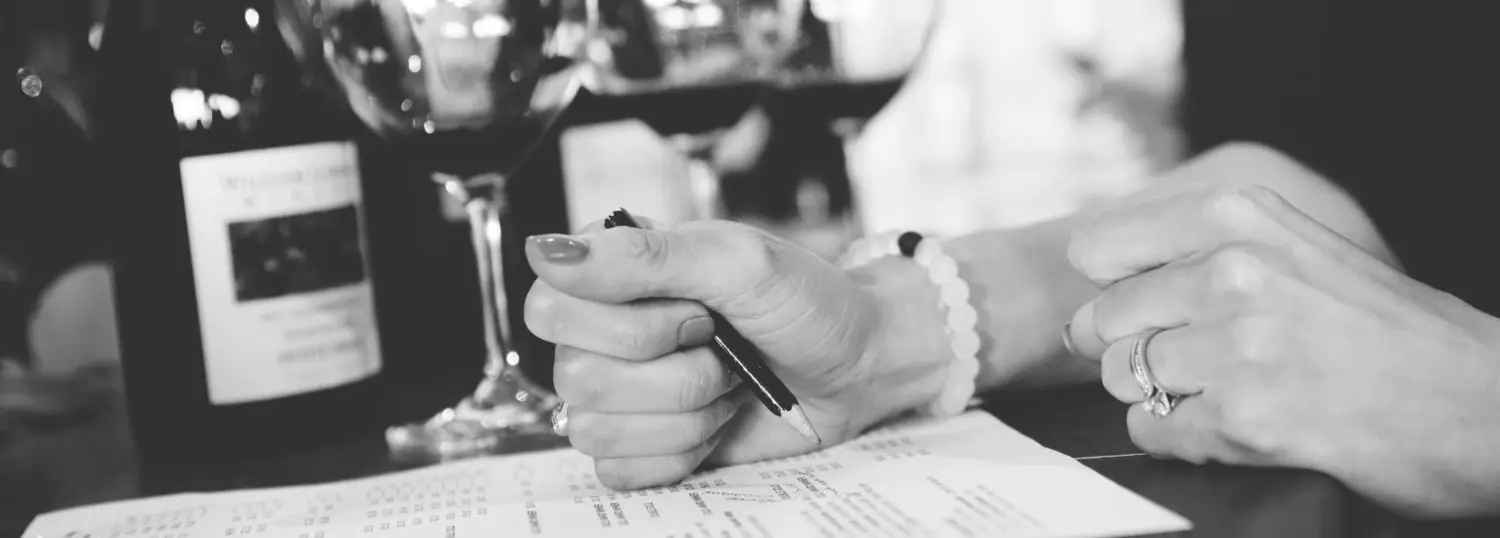Theory and tasting—with Merit. Just saying. So that’s my news for the week. You can scroll through to see what else is happening in the rest of the world. Cheers!
Category: Wine
wine reviews, wine events, and all things wine related
This Week’s Latest Wine Headlines: July 25—July 30
Hola—Happy My Birthday Weekend to you! Hope you have something fun planned. Me? I’ll just wait to be surprised—or not—whatever the case may be I’m finding that I’ve a lot to be thankful for so am happy to simply celebrate life.
Enjoy your round up of weekly wine news. I’ll highlight, in shameless self-promotion, that I’ve taken on a Managing Editor role for Wine Industry Advisor. I’ll still be freelancing everywhere and keeping up my personal website, but this is a great opportunity and am stoked to jump on board.
Cheers everyone—celebrate something this weekend, even if it is yourself. 🙂
This Week’s Latest Wine Headlines: July 18—July 23
Hello and happy last weekend of July. Time flies when you’re drinking wine, eh? That’s why I put together my weekly round up of news-worth wine stories, so we can all play a little catch up during our time off. (Hopefully you’re enjoying some time off.)
There are loads of stories surrounding climate change. I can’t list them all here, but scroll through, there’s enough going on all over the world that even the hardest skeptic should (should) become a believer…
A few other headlines that caught my attention: Randall Grahm’s new project with Gallo (if you have thoughts/opinions on this, would love to hear); the loss of one of Amador county’s founding fathers; and on a lighter note—looks like wine may just be a valuable part of the food pyramid.
#MeToo is far from over, but here’s some progress at least: Batali and Bastianich just settled a major lawsuit following several accusations and CMS America speaks about how it’s shifting toward a safer and more inclusive environment for staff and students alike.
Lastly, with a bit of vein self-promotion, check out two articles published this week: California Zinfandel‘s past, present and future, and my interview with president of Vintage Wine Estates, Terry Wheatley.
That is all for now…scroll, read, have fun. Cheers.
This Week’s Latest Wine Headlines: July 11—July 16
Good Saturday morning to you. There’s been loads of wine news this past week and I’ve rounded up a few top headlines. I think one of the biggest surprises was President Joe Biden’s specific mention of the beverage alcohol industry in his Executive Order Promoting Competition. Read a breakdown of that clause and implications for the wine industry.
I also have to call out Sean Sullivan’s piece on dissecting the recent sale of Chateau Ste. Michelle and what that means for the Washington wine industry specifically.
Looking for some educational reading? Scroll down to the blogs and read my latest article for my wine school, Napa Valley Wine Academy, where I discuss the effects of wind on wine. And I absolutely love the latest post on Tim Atkin’s site talking about mousse.
Also—and this is a pretty hilarious juxtaposition—check out this piece talking about vintners who believe that biodynamic viticulture is utter witchraft, then continue on to the post describing why biodynamics can never be vegan (which is actually true).
Last but not least, I’ll leave you with this—be kind to each other.
Cheers.
This Week’s Latest Wine Headlines: July 4—July 9
Happy weekend and I hope everyone is enjoying the summer season, staying cool, hydrated, and healthy. Welcome back to your weekly round up of wine-newsy items. Locally, we have to talk about the California wildfire season’s effects on the wine industry (yes, this is an ongoing issue—check AGG and CAWG’s investigation on rejected 2020 fruit), political tensions, and—unfortunately—the continuous spread of COVID throughout the Sonoma community.
On a broad industry level, if you haven’t heard about Russia’s new rules surrounding ‘Champagne,’ take a read and let me know what you think. And—it look like there may be a new, more environmentally friendly, way to achieve Parker Points?
Fun Stuff: Next time you go to a bar, you may just get straws made of….pasta! And (shameless self-promotion), I dig into the notorious ‘wine twins,’ —wines commonly mistaken in blind tasting or tasting exams in my latest article for Wine Enthusiast.
There’s much much much more. So enjoy your coffee, tea, cocktail, wine—whatever time it is while you’re reading this post—scroll through, have fun, learn some stuff. Cheers.





